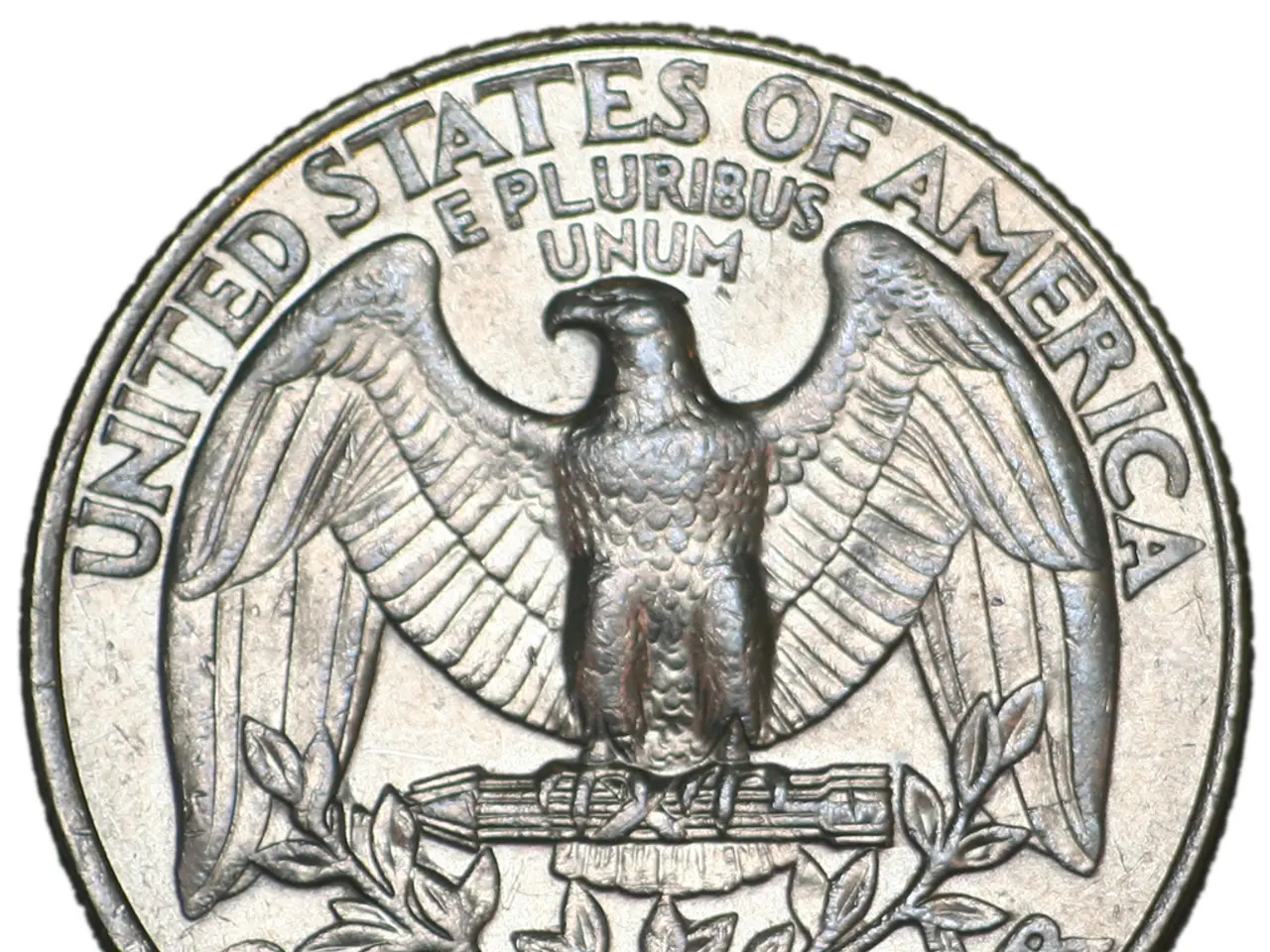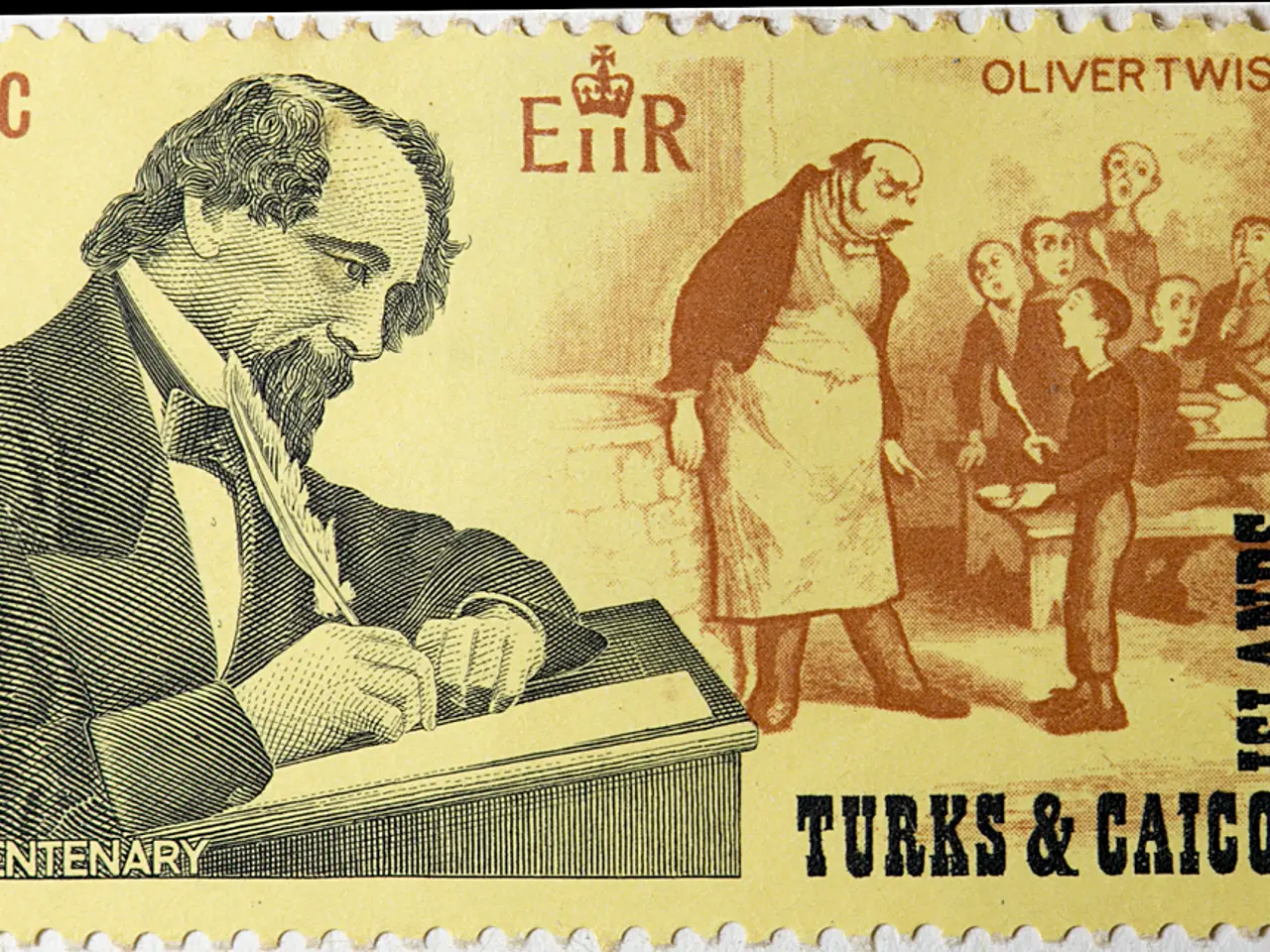Federal officials urged to reconsider the potential merger between Capital One and Discover, as put forth by Warren and Waters.
The Federal Reserve's approval of Capital One's $35.3 billion acquisition of Discover finalises the merger of two major credit card companies, creating a larger entity with expanded reach and earning potential. This consolidation, however, has raised concerns about its impact on low-income consumers, competition, and financial stability in the U.S.
Impact on Low-Income Consumers
The acquisition has faced lawsuits alleging violations of antitrust law, raising worries that reduced competition may lead to fewer credit options and potentially higher costs or less favourable terms for consumers, including low-income individuals. Capital One's commitment to substantial investment plans—$265 billion over five years in lending, philanthropy, and investment—suggests an intent to support consumer lending, which might benefit low-income customers if fulfilled. However, financial watchdogs and some consumer advocates fear that the merger could reduce incentives to offer affordable credit products or services tailored for vulnerable populations.
Impact on Competition
Combining Capital One and Discover creates a credit card giant, reducing the number of major competitors in the market. This consolidation could hinder innovation and give the merged company disproportionate market power, which might disadvantage merchants and consumers alike. The federal government’s approval came after the Department of Justice declined to challenge the merger, but ongoing private legal action claims antitrust concerns remain unresolved.
Impact on Financial Stability
Regulators like the Federal Reserve and the Office of the Comptroller of the Currency approved the deal, implying that they assessed and found no significant threat to financial stability due to this merger. Nevertheless, some experts warn that creating larger, more interconnected financial institutions could increase systemic risks in case of failure or mismanagement.
Why Sen. Elizabeth Warren and Rep. Maxine Waters Are Urging Reconsideration
Senators Elizabeth Warren and Representatives Maxine Waters have expressed concerns about the deal, citing potential harm to competition and consumers, especially low-income groups who rely on fair credit access. Their calls for reexamination reflect concerns that the deal may weaken market competition, result in unfavourable customer impacts, and increase risks within the financial system.
The lawmakers' letter states that the Federal Reserve's assessment of the transaction did not adequately consider its effects on low-income consumers, competition, and financial stability in the U.S. They have also questioned the Fed's claims that it conducted a high-level analysis of the transaction's impact on credit card consumers, stating that it did not evaluate whether fees, credit availability, interest rates, or non-price harms like customer service would be impacted by the deal.
In addition, Warren and Waters have requested that the communications from the FDIC and CFPB to the Fed, as well as the DOJ’s communication during the Biden administration, be made public. They argue that the Fed's analysis was criticized for failing to include relevant information from the Justice Department, Federal Deposit Insurance Corp., and Consumer Financial Protection Bureau.
The lawmakers have also argued that the Fed should reevaluate the competitive effects of the deal using data from the first quarter of 2025, rather than mid-2024 or late 2023, and should incorporate large-bank credit card and mortgage data recently published by the Philadelphia Fed. They believe that keeping Capital One and Discover separate makes them easier to resolve and somewhat mitigates the impact of the degradation of the FDIC’s resolution capacity.
The Federal Reserve's approval order acknowledges consulting with the FDIC and CFPB, but it is unclear if the information and analyses from these formal communications were part of the factual record presented to the Fed's governors. The lawmakers have not mentioned any purchase licensing rights in the context of the Capital One-Discover deal.
In a broader context, the Capital One-Discover acquisition reflects ongoing debates over the balance between fostering business growth and protecting consumer and market interests in the U.S. financial sector. The concerns raised by consumer advocates, ongoing lawsuits, and lawmakers like Warren and Waters highlight the importance of maintaining a competitive market and ensuring fair access to credit for all consumers, particularly low-income individuals.
Politics and General News
Senators Elizabeth Warren and Representatives Maxine Waters have called for a reexamination of the Federal Reserve's approval of Capital One's acquisition of Discover, expressing concerns over its potential impact on competition, consumers, especially low-income groups, and financial stability in the U.S.
Business and Finance
The lawmakers have argued that the Fed's analysis of the transaction did not adequately consider its effects on low-income consumers, competition, and financial stability, questioning the Fed's claims of thorough evaluation and requesting the public disclosure of communications from regulatory bodies like the FDIC and CFPB.




